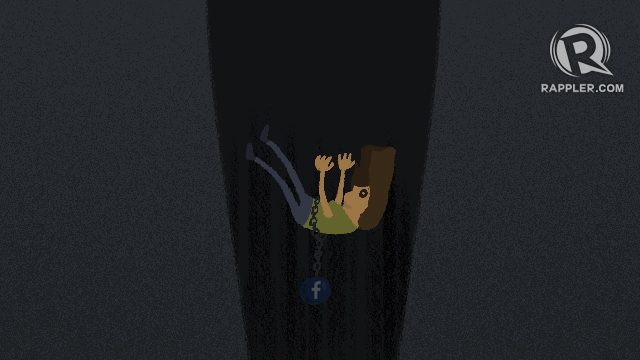SUMMARY
This is AI generated summarization, which may have errors. For context, always refer to the full article.

MANILA, Philippines – While previously done research on social media and personal well-being has pointed to social media use being a detractor to personal well-being, a new, more rigorous study discussed in the Harvard Business Review tried to get a clearer picture of the relationship between social media use and well-being.
The study by Holly B. Shakya and Nicholas A. Christakis, titled “Association of Facebook use with compromised well-being: A longitudinal study,” “used 3 waves of data from 5,208 adults from a national longitudinal panel maintained by the Gallup organization, coupled with several different measures of Facebook usage, to see how well-being changed over time in association with Facebook use.”
The study had specific measures of well-being (life satisfaction, self-reported mental and physical health, and body-mass index) and measures of Facebook use (liking others’ posts, making self-posts, and clicking on links, as well as measures of respondents’ real-world social networks).
The study’s results showed that while real-world social networks were positively associated with overall well-being, “the use of Facebook was negatively associated with overall well-being.”
Mental health results were rather strong, as “most measures of Facebook use in one year predicted a decrease in mental health in a later year.” (Read: PH spends most time online and on social media – report)
Shakya and Christakis added, “We found consistently that both liking others’ content and clicking links significantly predicted a subsequent reduction in self-reported physical health, mental health, and life satisfaction.”
Even when accounting for a person’s initial well-being, initial real-world networks, and their initial level of Facebook use, the study’s authors explained “increased use of Facebook was still associated with a likelihood of diminished future well-being. This provides some evidence that the association between Facebook use and compromised well-being is a dynamic process.”
Despite the associations, however, how this diminishing of well-being occurs cannot be definitively explained yet.
“Overall,” said the authors, the results suggest that “well-being declines are also a matter of quantity of use rather than only quality of use.”
“If this is the case, our results contrast with previous research arguing that the quantity of social media interaction is irrelevant, and that only the quality of those interactions matter,” they explained. – Rappler.com
Add a comment
How does this make you feel?
There are no comments yet. Add your comment to start the conversation.